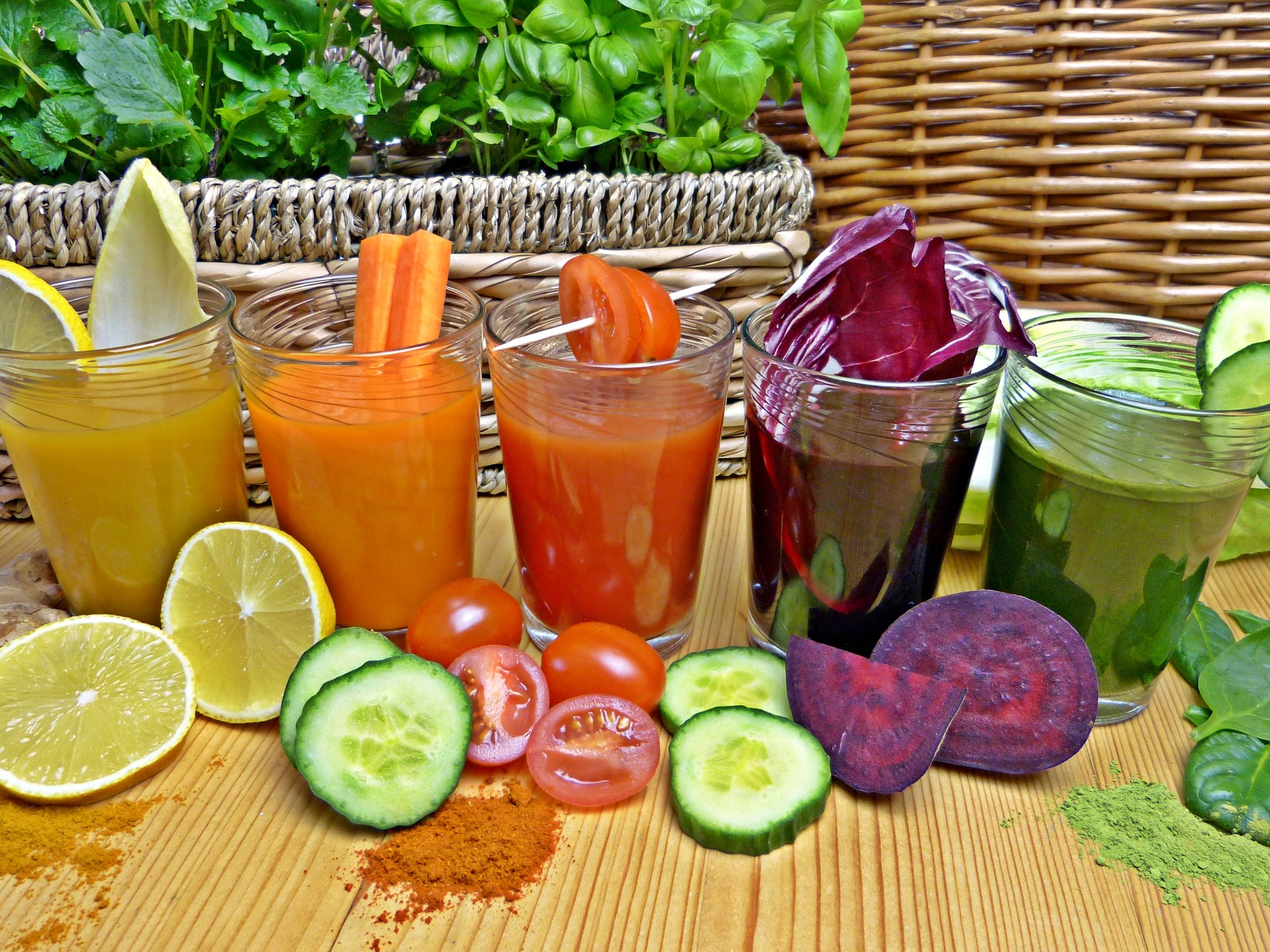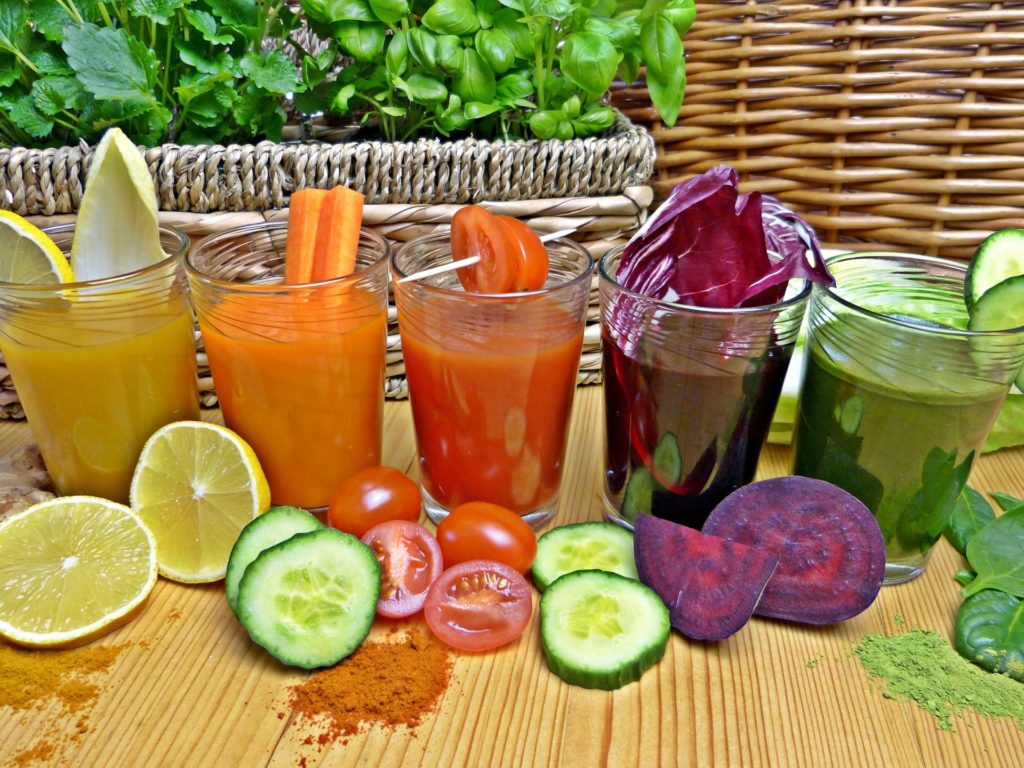
4 Tips for a Better Digestive Health*
The food you eat is broken down into nutrients that are absorbed into your bloodstream. This process is widely regarded as digestion. Digestion plays an important role in your health and is often affected by several factors, including your lifestyle and the food you eat.
While good digestive health is beneficial for your overall health and wellness, poor digestive health could deprive your body of the essential nutrients that you need to stay healthy and function properly. If you want to improve your digestive health to stay healthy, here are a few ways to go about it.

Eat a High-fiber diet
Ever heard of a high-fiber diet? One of the best ways to improve your digestive system is by consuming food with excess fiber. The average diet has around 10 grams of fiber per day, far less than the 25-40 grams per day your body needs to function optimally.
Increase your fiber consumption by including superfoods, fruits, vegetables, grains, legumes, and nuts in your diet. Here is a list of some superfoods that are high in fiber.
- Apples
- Avocadoes
- Black beans
- Lentils
- Lima beans
- Soybeans
- Oatmeal
- Blueberries
- Chia
- Broccoli
- Quinoa
Eat both insoluble and soluble fiber
Consuming soluble and insoluble fiber is another way to boost your digestive health. If you aren’t sure of what fiber is, you aren’t alone!
Fiber is a component of plant-based foods (fruits, vegetables, nuts, and beans) that your body cannot break down. It keeps your digestive system healthy and helps regulate your blood sugar level, thus making it important for your health.
There are two types of fiber:
Insoluble fiber: Insoluble fiber doesn’t dissolve in water and is indigestible. This fiber absorbs water and bulks the stool to help control bowel movement. It is often found in grains and some vegetables.
Soluble fiber: Soluble fiber is the opposite of insoluble fiber. This fiber dissolves in water, forming a gel-like substance that travels through the intestine. It is found in fruits, vegetables, and legumes. Soluble fiber helps in reducing cholesterol and regulating blood sugar.
Stay Hydrated
Liquids—especially water—play an important role in digestion. It helps break down food so that your body can take in the nutrients. In addition to water, there are other liquids that improve digestion. These liquids include ginger tea, cold pressed juicery, coffee and peppermint tea. Ensure you consume an adequate amount of fluids (3.7 liters for men and 2.7 liters for women) each day, as it helps soften your stool and prevent constipation.
Reduce foods that are high in fat
If you are a lover of foods that are high in fat, you may want to limit how you consume such foods for the sake of your digestive health. Fatty foods impede the digestive process making you more prone to constipation. However, this shouldn’t deter you from consuming foods high in healthy fat. We recommend pairing fatty foods with high-fiber foods to maintain balance.
Conclusion
The food you eat contains nutrients that your body needs to function optimally. Your digestive system helps break down the food and extract the necessary nutrients. Improving your digestive health will ensure that whatever you consume is digested properly for good health and overall well being.



